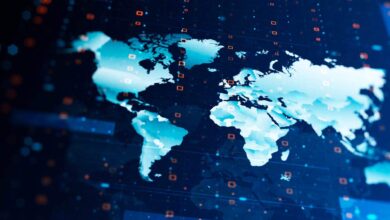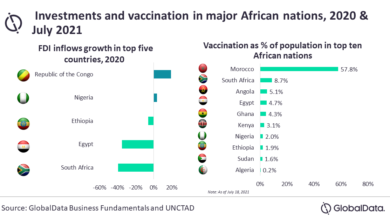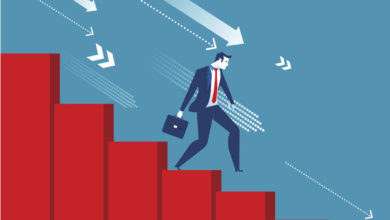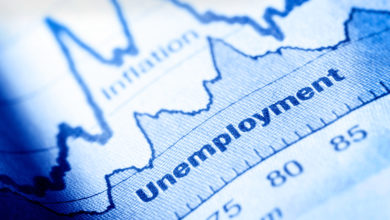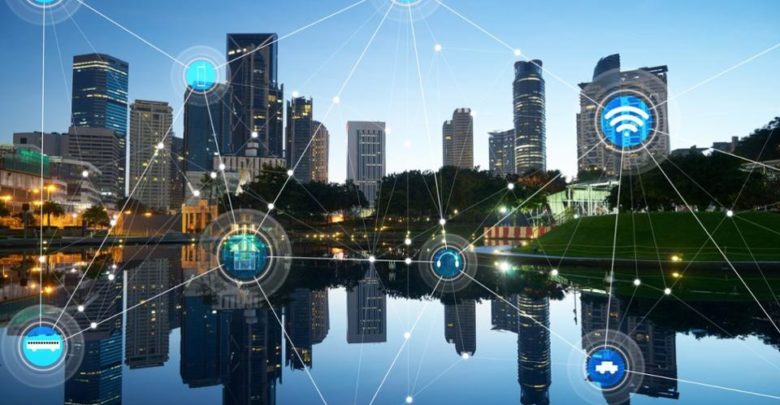
Africa’s slow-paced journey towards inclusive growth has been as a result of self-sabotage from both leaders and followers, and an unpopular factor, data. Since accurate information serves as the basis for intelligent discussions, realistic planning, localized solutions, accurate decisions and measurement of progress, the continent has since been foraging in the wilderness unending due to lack of data.
The drive towards a better future across the African landscape has been unrelenting though, even if uncoordinated. Technological, economic and political disruptions are happening in each country on the continent, ranging from new approaches to energy, farming and healthcare to regional intra-trade deals to new media causing seismic shifts from old political orders.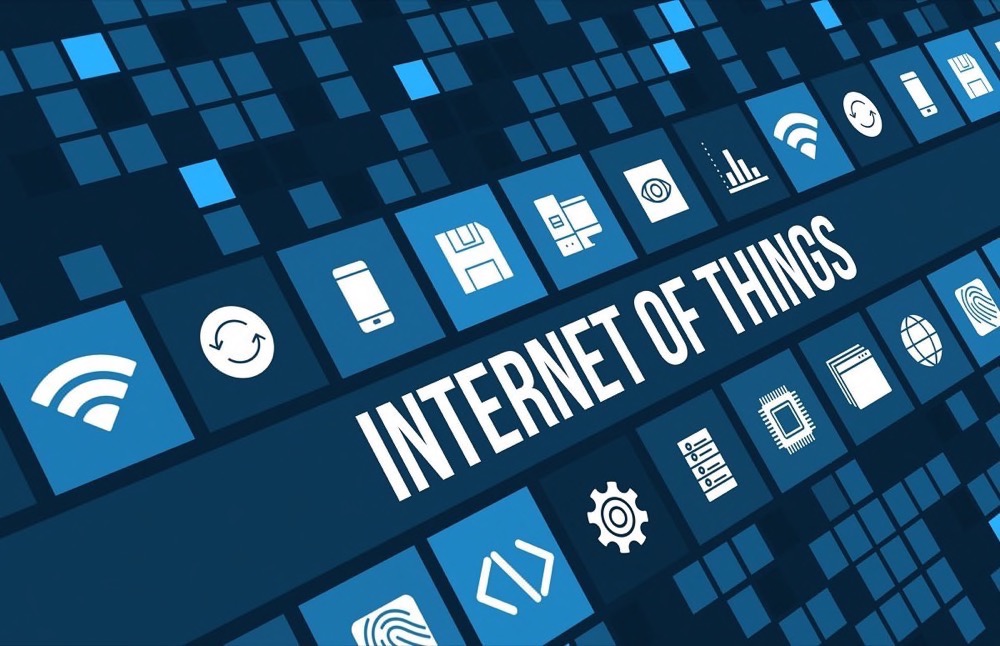
Digitalisation has been an incredible disruptive economic force, and the only force, apart from people, that can accelerate industrialisation. It is creating a new basis of competition and redefining the established borders of industries. Chief among the digitalization movement in the last 5 years is the Internet of Things (IoT). According to the World Economic Forum report in 2015, the Internet of Things revolution will dramatically alter manufacturing, energy, agriculture, transportation and other industrial sectors in the next 10 years. IoT gives us the opportunity to gather massive volumes of data from connected humans, machines and infrastructure, which increases our ability to develop unique solutions to prevalent problems, make automated decisions, take actions in real time and monitor the progress of our society. Added to that is the superhuman ability to directly control and determine the outcome of the physical world around us. The role of IoT in the collection of accurate data is coming into life because of the lower cost of data sensor devices, data storage and bandwidth utilization.
Every technological innovation, from the personal computer to the internet and now IoT, has given individuals, businesses and government institutions powerful amoral tools to enable personal transformations, connectivity, productivity and efficiency. Individuals and businesses have been riding the internet wave to create innovative models to reach wider audiences and markets, controlling people’s behavior and appetite, and leapfrogging lethargic government institutions to provide solutions to satisfy other people’s aspirations and needs. The social media applications, for example, have brought more people together to promote causes than the social institutions of the government would ever have done.
The IoT, which is built on the already established connectivity of humans, is another opportunity for Africans, whether government institutions or community of individuals, to collaborate with machines around us to achieve outcomes ranging from assured machine uptimes on factory floors, to energy savings in commercial and residential buildings, to guaranteed crop yields from a plot, acre or hectare of farmlands to delivering better healthcare in the intensive-care unit, designing better drugs, understanding the progress of disease and limiting the spread of deadly diseases.
Africa’s problems need the localised application of IoT solutions. Successful deployment in the three areas listed below will navigate and facilitate our journey towards an ideal Africa with pervasive economic growth, where the burgeoning youth population is free and empowered to chase their dreams, contribute to their society and realize their potentials.
Agriculture and Climate Change
Climate change is reducing rainfall, causing drought and famine across a continent that is projected will be home to more than half of the world’s population by 2050 according to the United Nations. The cruel cycle of lack of rainfall every year most especially between October and December across the East African region and the drying up of the Lake Chad in the West causing unrest between nomadic herdsmen who are looking for new pastures away from the Chad river and farm owners in Nigeria. This is leaving many without food and water.
Responding to climate change and building a sustainable and resilient support system involves equipping citizens with new tools to adapt. Accompanied with re-orientation strategies, we can deploy IoT applications to disseminate information and solutions to community dwellers. It can provide cost effective monitoring capabilities to inform farmers about the best time to plant, harvest and store their produce, and herders the best routes and pastures for cattle grazing in each season.
We need a well-fed workforce for productivity and quality produce for our industries. IoT will make our distribution network more efficient and productive. We can track cargo trucks on the roads, detect road congestions and choose the best routes and also monitor the conditions inside the container while on the road to avoid waste of sensitive and perishable foods.
Our ability to solve the food crisis and tackle climate change strongly correlates with the industrialised society of my dreams.
Healthcare
We need a healthy workforce for maximum productivity. From the farmer in our local communities to all levels of workers and managers in the cities, access to affordable healthcare is imperative.
With IoT we have the potential of monitoring people’s health even when they are away from the hospital block, diagnosing diseases and effectively stopping a disease outbreak or even track the spread. We can design cheaper drugs with IoT and even accurately prescribe drugs over mobile phones, which is rapidly becoming ubiquitous on the African continent.
This way, we can reach the people in the rural communities faster with quality affordable healthcare service and also lower the number of people visiting hospitals and keep more people productive at work.
Energy
It is estimated that over 630 million people in Africa live without access to electricity. Our ability to tackle climate change, provide quality education, healthcare, jobs, clean water and even use IoT solutions are all tied to access to electricity.
Adoption of renewable energy solutions, smart grids, distributed energy resources and storage systems combined with our ability to analyse data, monitor consumption levels and save energy will provide a reliable & resilient electricity supply for our industries, businesses and deliver power at the lowest cost to homes.
Our energy assets would need maintenance too, but to prevent unnecessary downtime IoT applications can predict maintenance and resolve faults on power grids and meters in real time.


